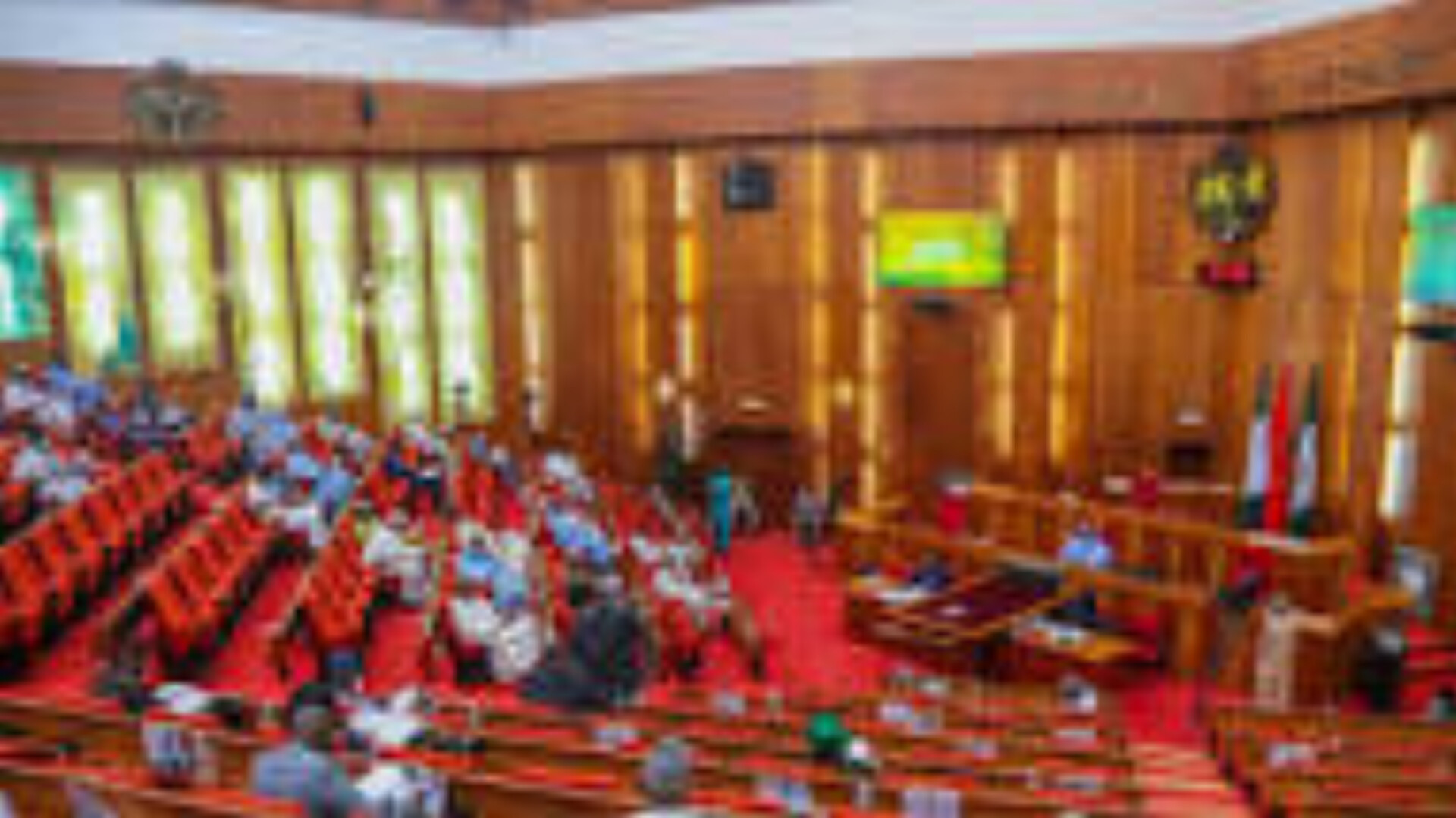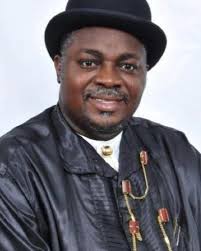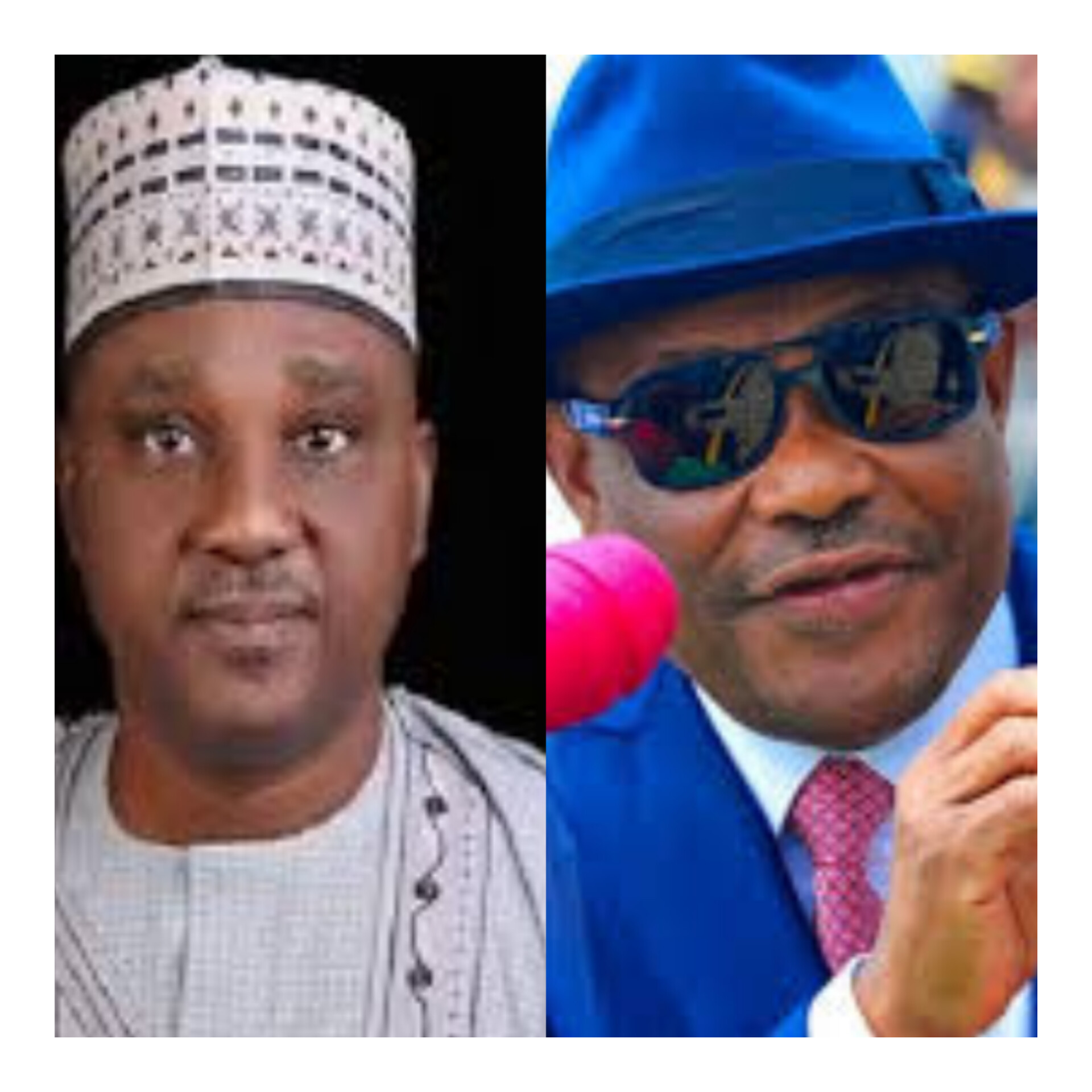***sets up ad-hoc panel
The Senate has pun in place an ad-panel to investigate the number of viable projects abandoned across Nigeria in all sectors.
The committee is also to recommend appropriate actions to be taken to reduce project abandonment in Nigeria and how most of the projects can be recovered.

The member Ad-hoc committee comprised Senators Lola Shiru (chairman), Jimoh Ibrahim, Mpigi Barinada, Abdullahi Yahaya, Victor Umeh and Isah Jibrin, members.
This came following the adoption of a motion on “Urgent need to look into the 11, 856 mega projects abandoned by the Federal Government” sponsored by Senator Jimoh Ibrahim (Ondo South).
The Senate noted that in 2011, President Goodluck Jonathan set up a Presidential committee on federal government- abandoned projects in Nigeria and the committee visited the 36 states in Nigeria and identified 11,866 projects abandoned by the Federal Government since Nigeria’s independence in 1960.
According to Senator Ibrahim, reports have it that about 63% of the entire projects since independence were abandoned, adding that the 63% of projects abandoned in Nigeria is worse than any country under comparison”.
“The abandonment of the project is of significant concern because of project costs which constitute a significant part of the GDP. While spending on a public project in the UK is now about one trillion British pounds Nigeria has no idea of the total amount spent on public projects either successful or unsuccessful since independence,
He observed, for instance that in the investigation carried out at the University of Cambridge doctorate in management science between 2018 and 2022, the value of the 38 projects investigated cost Nigeria over $40 billion”.
“What is now key to this investigation is the need to look inward at our infrastructural development as Foreign Direct investment declined from$8.8b in 2011 to $3.3 billion in 2019, and the current account balances in that year from $10.6 billion to 5-17 billion, while the population was growing around 5% about 86% of the citizen, were living under $2 between 2011 and 2019. Public debt increased from 17% of the GDP in 2011 to 29% in 2019.
According to him, government has the responsibility to set up a professional system that will deliver the critical value from major infrastructure development for its citizens, adding that for 66% of projects to be abandoned since 1960 is “nothing less than a calamity that reduces our pride as a ‘Giant of Africa’ if we are still one”.
He said three abandoned projects out of the 11,886 projects such as Ajaokuta Steel Company, where billion of dollars was spent without any production, Second Niger Bridge, etc are over 30% of the national debt.
In his contribution, Senator Orji Kalu (Abia North) said Nigeria cannot industrialize without steel production.
The former Abia governor said “we should face steel production. If we don’t face it, we are wasting our time. If you check our debt repayment, it is coming on this project.
“Why would Nigeria be suffering on what ought to have been done? We supposed to convert that our money and build these industries for debt repayment on them and save the interest we pay?
“We should appeal to President Bola Tinubu, may be 2026, 2027 budget we dedicate all these industries. They are our own. If we do not do it we will not move forward”, he said.
Senator Isah Jibrin said the abandoned projects should be properly profiled and the viable ones be sold to bring return on investment.
In his remarks, the Senate President Godswill Akpabio said Nigeria cannot be using over 90% of its resources to pay interest on loans.
The committee was given one month to report back to the Senate.



